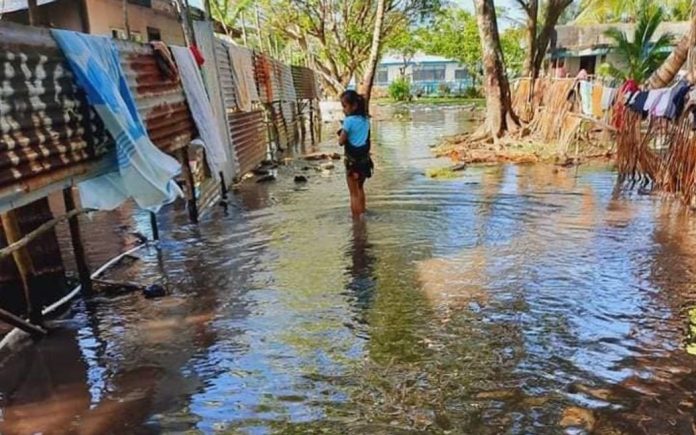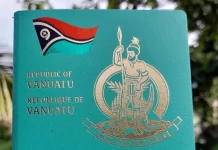The World Bank’s Board of Executive Directors has approved a new project to strengthen the climate resilience, safety, and livability of urban areas of the Marshall Islands.
The US$30 million Republic of the Marshall Islands Urban Resilience Project includes support for more climate resilient public facilities and urban spaces, and assistance for climate adaptation planning and policies. The project also includes the construction of coastal protection including sea walls, dikes and embankments, to protect important infrastructure in the capital, Majuro.
Marshall Islands’ urban centres are some of the most densely populated areas in the Pacific, and internal migration from outer islands has only intensified over the past 30 years. This rapid urbanisation and growth exacerbate risks to climate change and natural hazards and requires more risk-informed urban planning and regulations. This is a particularly serious concern in the low-lying atoll nation that is already highly vulnerable to climate change impacts such as sea level rise, tropical storms, typhoons, and prolonged droughts.
“As people continue to move to our country’s urban centers, there is increasing pressure on our efforts to ensure there is appropriate housing, urban infrastructure and services,” said Jiba Kabua, Minister of Works, Infrastructure and Utilities. “We recognise the need to address these planning issues by improving urban resilience at the building, neighborhood and island levels, and welcome this new World Bank support to address these serious risks to urban communities.”
The project will invest in more resilient and sustainable public facilities to act as demonstration projects for future developments. This will include the construction of more climate resilient government buildings in Majuro which will play an important role in supporting government services during natural disasters.
“We are pleased to be supporting the Government of the Marshall Islands through this new project that will also provide analysis of current and future climate related risks to people, housing and infrastructure,” said Degi Young, the World Bank’s Resident Representative for the Marshall Islands, the Federated States of Micronesia, and Palau. “We are also proud that this builds on the World Bank’s climate adaptation support for the country through existing projects including the Pacific Resilience Project and our work on mapping the impacts of sea level rise and adaptation options for Marshall Islands through our recent Atoll Study.”
Throughout the urban planning improvements and coastal resilience measures to improve protection from storm surges and sea level rise, the project will maintain a focus on outreach and consultation with communities.
“When making local level improvements to land planning, the strong participation of local communities, landowners, public authorities and the private sector is vital,” said Degi Young. “We have worked with the government to ensure consultation is front and center in this work, which will ultimately improve the quality and safety of urban communities.”
SOURCE: WORLD BANK/PACNEWS















